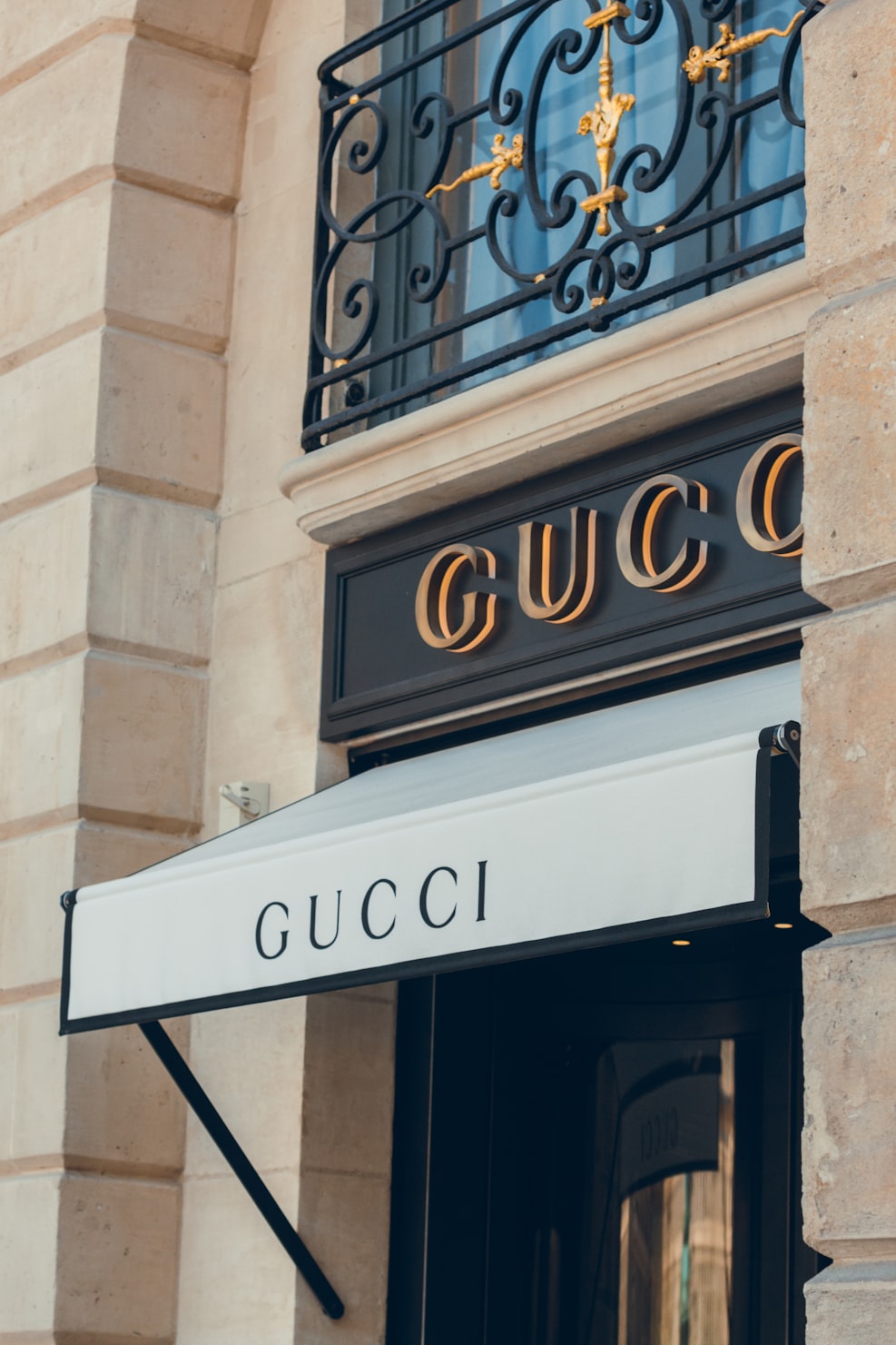As set out in the Gucci 2021 Balance Impact Report, Gucci has joined the Ellen MacArthur Foundation as a strategic partner. The partnership will build on Gucci's existing circular economy strategy, which is based on three key principles: avoiding waste and pollution, developing circular products and materials, and regenerating nature.
Gucci began addressing its environmental impact in 2011, publishing its EP&L (Environmental Profit & Loss) account in 2015 and making its results and methodology public in 2019 via its dedicated website to sustainability, Gucci Equilibrium.
According to the latest 2021 report, just released, the company has reduced its environmental impact by 49% and its carbon footprint by 46% since 2015. Last year, it also achieved 100% renewable energy consumption in 44 of the 49 countries in which it operates including company shops, offices, warehouses, and factories. Globally, it is at 93 % and aims to reach 100 % by the end of 2022.
In terms of nature conservation, the brand says it has contributed, among other things, to the protection and restoration of 785,000 hectares of forest in Zimbabwe and has supported a reforestation program of more than 6,000 hectares in Kenya, while continuing its commitments to regenerative agriculture.
The transition to a circular and regenerative economy in fashion can help address the causes of global challenges such as pollution, climate change, and biodiversity loss.
Gucci’s Prior Sustainability Commitments
Gucci is already committed in this area, as it points out in the report it has just published. In particular, through the "Off the Grid" collection made from recycled and bio-based materials, which now includes more than 70 ready-to-wear and accessory items. But also with the launch of its Vault website, for the resale of vintage pieces, or with the creation of Demetra, a leather-like material made from raw materials that are not of animal origin.
The company also launched the Gucci-Up project, which allows the reuse of obsolete materials, scraps, and waste generated by the production process through a new cycle of regeneration. This has enabled the company to recover 290 tonnes of leather scraps, 215 tonnes of textile waste, and 67 tonnes of metal accessories.
With the same idea of fighting against waste, it launched the Gucci Scrap-less program, now implemented in 13 tanneries, which aims to cut, in the pre-tanning phase, only the leather needed for production, thus reducing waste such as leather offcuts have been reduced by 253 tonnes.

Gucci achieved Leadership in Energy and Environmental Design (LEED) certification in 2009. By providing a framework for creating healthy, highly efficient, and cost-effective green buildings, LEED is recognized as the world's leading green certification for building and sustainability excellence.
This was also seen in the amount of energy and resources, like 9.5 million liters of water and chemicals needed to process the material, as well as the greenhouse gas emissions amounting to 1085 tonnes of CO2 associated with transporting the leather from the tanneries to the factories. Gucci achieved Leadership in Energy and Environment.
In addition to these achievements, all its shops in Italy have been SA8000® certified since 2007 and ISO45001 certified for occupational health and safety in 2019.
The Ellen MacArthur Foundation
Promoting the concept of a circular economy, this organization was founded in 2010 by the British yachtswoman of the same name and will help Gucci further expand and integrate the principles of the circular economy in a collaboration based on promoting design circularity and progress in the field of regenerative agriculture.
As stated by the Ellen MacArthur Foundation’s Executive Director Andrew Morlet explained, it will work with Gucci to develop innovative solutions to guide the industry towards fashion that is designed to last longer, is regenerative, and is made from safe, recycled, or renewable materials.
As part of the partnership, Gucci is committed to expanding circular collections throughout the product life cycle. In addition, the fashion house wants to develop products whose design already takes reuse into account and which are made from recycled or renewable raw materials. In return, the foundation will provide its expertise in circular design. Educational resources and courses will also be offered to increase knowledge and operational awareness of the principles and practices of the circular economy.

